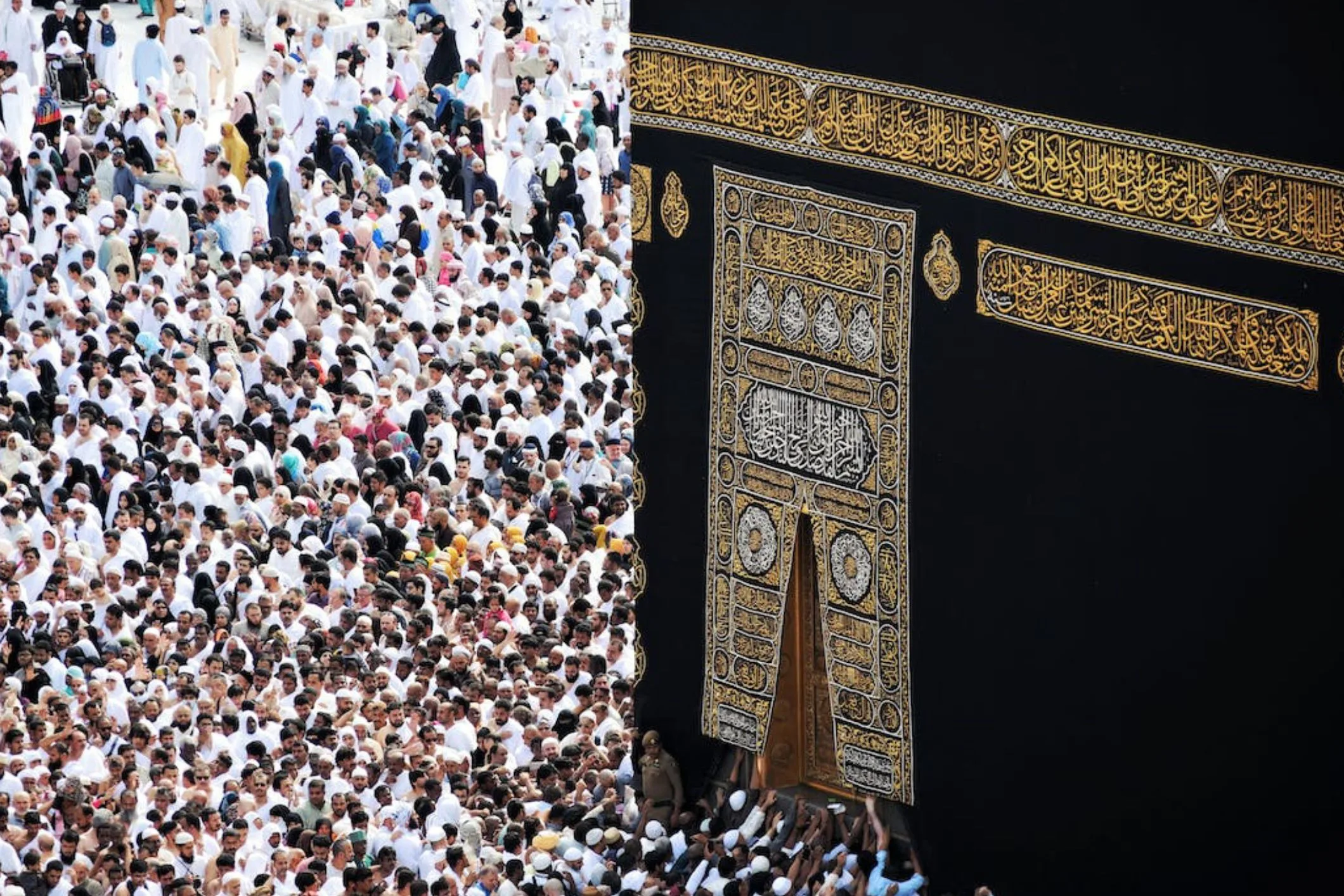
credit by: pexels.com
DUBAI: Muslims from throughout the world came in Makkah in recent weeks for the annual Hajj pilgrimage, which began on Monday. This holy custom is solely for Muslims, but the Kingdom’s rising openness makes it a valuable chance for cross-cultural interaction and understanding.
Hajj is one of Islam’s Five Pillars. It is a symbolic act of worship that unites Muslims of all races, classes, cultures, and nationalities to follow in the footsteps of millions who have made the intense spiritual trip before them.
“Hajj is an incredibly special time of the year for us,” Kumail Almusaly, a curator at Ithra, the King Abdulaziz Centre for World Culture, told Arab News.
“It is not just a religious obligation but a chance to join millions of Muslims from around the world in a shared experience of connection and unity in a unique spiritual environment.”
If physically and financially able, all Muslims must perform the five-day Hajj pilgrimage at least once. It unites the world’s 1.8 billion Muslims and absolves their sins, they think.
Almusaly said Hajj reminds Muslims from various backgrounds of their “contributions to humanity” and closeness to God.
The journey offers a chance to start afresh with purity and purpose.
The Arabic word “Hajj” means “to plan a journey” or, in a figurative sense, “to keep working towards your goals, even when things get hard.”
Muslims think that the rituals of Hajj go back thousands of years, to the time of Abraham, though most people associate them with the life of the Prophet Muhammad, who started the pilgrimage in the year he died, 632.
Islam believes that Abraham built the Kaaba because Allah told him to. It is the cube-shaped building in the middle of the Grand Mosque in Makkah, which is the greatest place in Islam. During Hajj, people in white clothes walk around the Kaaba and pray as they go.
The Hajj pilgrimage and the traditions that go along with it are difficult and time-consuming. According to the Islamic faith, they are like the practises Abraham, his wife Hajar, and their son Ishmael did first, and then the Prophet Muhammad did later.
All three Abrahamic religions, Islam, Christianity, and Judaism, have their roots in the same man. They also share the same set of values, such as faith, kindness, and humility, which are also at the heart of the Hajj.
In fact, as the Kingdom opens up to the rest of the world more and more thanks to Saudi Vision 2030’s social reforms and economic transformation plan, Hajj gives Saudis, pilgrims from other countries, tourists, and foreign residents a great chance to celebrate their shared values and roots.
Almusaly remarked, “Its message is faith, compassion, humility, and oneness, and it is appreciated by people of all faiths and backgrounds.”
During Hajj, pilgrims’ home nations and socioeconomic rank are irrelevant. Every pilgrim believes in humility and selflessness.
The Prophet said, “All mankind is from Adam and Eve.” “An Arab has no superiority over a non-Arab, nor does a non-Arab have any superiority over an Arab; a white has no superiority over a black, nor does a black have any superiority over a white; (none has superiority over another) except by piety and good action.”
Pilgrims believe that the Islamic teachings of piety, kindness, virtue, and equality are universal values that link all religions, countries, and social classes. So, Hajj gives both people who live in the Kingdom and people who come from other countries a chance to do and see acts of kindness and giving.
A Saudi jewellery designer named Rawan Al-Selhi told Arab News that Hajj is a time when Muslims are reminded to help other pilgrims, especially those who haven’t had as many economic opportunities. For example, he said, Muslims should try to delay prayers in the Prophet’s Mosque as much as possible to make room for pilgrims coming from other countries.
She also said, “Such small things have changed the way we pilgrims and guests see each other. Science has also changed, as have ways to make pilgrims more comfortable. Saudi Arabia has spent in technology to make sure pilgrims have a trip they will never forget.
Al-Selhi grew up in Madinah, and she said that the Prophet’s Mosque in the city gave her ideas for her first jewellery line.
“Pilgrims and visitors stop in Madinah first before going to Makkah,” she said. “In my age, our parents try to talk to us about how important it is to pray and get closer to God during this time. There is hope for the coming year at this time.”
During Hajj, her grandpa would help pilgrims and other people who came to the Kingdom.
“He would open his home to people who needed a place to stay during the month,” she said. “As a result, different traditions and ways of life were shared. Some Saudi families even moved out to make room for pilgrims and tourists from other countries.
